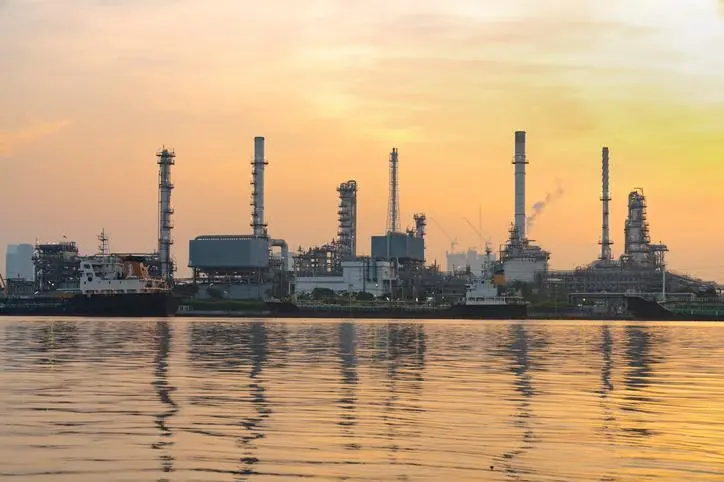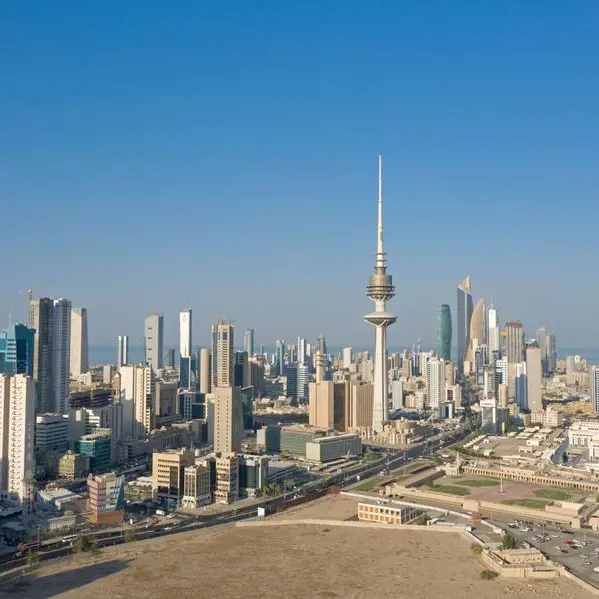PHOTO
RIYADH - The global energy crisis escalated dramatically in 2022 when the oil market became subject to severe shocks due to several factors with no alternatives to address them.
The crisis, which has become the hottest on the international scene, was reflected in all sectors due to its link to production processes, which led to doubling the operational cost and record levels of inflation.
In this report, we review the global energy crisis and Saudi Arabia’s sagacious decisions that have contributed to achieving a rebalanced market.
Beginning of the crisis
The current energy crisis began with the spread of drought in many countries around the world, which led to a decrease in the water level in dams. This resulted in a decline in the amount of electricity generated from hydroelectric plants, and that in turn led to the use of more gas, coal, and fuel oil.
The crisis multiplied due to the political situations, most notably the Russian-Ukrainian crisis, especially since the political, military and oil escalation between the West and Russia reached its height. In addition, Moscow has been considered a crucial figure in the global energy market as it has the largest reserves of natural gas, and is one of the major oil producers and exporters. This had a significant impact on the crisis. The global supply chain crisis has also put pressure on the delivery of extracted oil.
Standard prices
The geopolitical turmoil has led to oil prices reaching record levels at times during 2022, hitting $140 per barrel following the breakout of the Russian-Ukrainian war.
Despite the fear that prices will continue to rise, the decisions that OPEC kept taking made prices quickly return to a balance that is fair to producers and consumers.
After the oil production reached its highest levels in August, the organization intervened and cut the output by 100,000 barrels per day, before approving in October a new reduction of two million barrels per day, which led to the price reaching $93.4 per barrel. OPEC kept the cut unchanged at its last meeting. The prices stabilized at around $80 with marginal changes.
Europe is the most affected
The biggest impact of the energy crisis on Europe came through the sharp increase in gas, electricity and liquefied petroleum gas (LPG) prices. Huge lines appeared outside filling stations, while austerity in electricity consumption was imposed, especially after Russia cut off supplies.
Some countries were forced to operate coal plants again temporarily to generate energy and while others abandoned the decision to close them down. Energy taxes were reduced especially since some factories shrank their production and faced the danger of closure due to the high operating costs, while others resorted to increasing the prices of electricity and LPG.
Increased costs
The increase in energy prices cost Europe about $1 trillion, according to recent data revealed by the American media outlet Bloomberg, indicating that the situation will continue to remain difficult until 2026.
The International Monetary Fund (IMF) confirmed that due to the ongoing energy crisis, living expenses in European countries increased by 7 percent in 2022, with the expectation that it would hit 9 percent in 2023.
America and China are suffering
The United States of America was not spared from the energy crisis, as it was forced to use up its oil reserves by withdrawing 180 million barrels, taking the strategic reserves to the lowest level since June 1984. Prices reached record levels, with inflation also rising, while US President Joe Biden threatened to impose tax penalties on oil companies unless they invest their record profits to reduce costs for the consumer and increase production.
As for China, the world’s largest oil importer, it faced the worst energy crisis, as companies in industrial areas were forced to reduce their consumption, in addition to applying power cuts in residential areas. Meanwhile, prices of industrial minerals such as copper, zinc and aluminum soared to record levels with rising costs of electricity and natural gas.
Saudi Arabia restores balance to the local market
Saudi Arabia, through its pioneering role in the oil market, sought to alleviate the energy crisis, through policies it adopted and initiatives it embarked on by offering various solutions.
The Kingdom adopted a policy of restoring stability in the markets to serve the interests of consumers, and to maintain the largest possible level of supplies, as it moved on by communicating with European governments to meet their oil needs, in view of the fact that they are the most affected. The Kingdom also doubled its exports to the continent last September by 950,000 barrels per day compared to 490,000 the previous year.
OPEC+
Saudi Arabia’s position among OPEC countries was also used to mitigate the crisis. The first step was to reduce production by 100,000 barrels per day in September, before it took a larger step and reduced two million barrels per day from November 2022 until the end of 2023, and adhered to the same level of output in its last meeting in September.
The organization has committed itself to take further measures to cut output if the need arises to restore the balance between supply and demand, as the Kingdom has succeeded in managing the file ably, efficiently and wisely.
The Kingdom was up to the responsibility in this aspect to the extent that it previously made sacrifices to reduce its exports by a higher rate than the rest of the producers to preserve the energy markets after the sharp collapse following the coronavirus crisis, which restored stability to the markets.
Big controversy
The recent decision of OPEC + to cut production was accompanied by great controversy and accusations from the US that the decision was politically motivated. However, this allegation was strongly rejected by all member states, while confirming that it came from a purely economic perspective and in accordance with forecasts of the market conditions.
Saudi Arabia strongly confronted the campaign to undermine the strategy and portray the Kingdom to be behind the decision through the assertion of Energy Minister Prince Abdulaziz bin Salman that the decision was important to support the stability of the oil market and the oil industry. He also noted that OPEC+ does not politicize its decisions and that political affairs remain outside its analysis and forecasts of market conditions.
He added that the group focuses on market fundamentals only, which enables it to assess the situation more objectively and more clearly, and that enhances its credibility. It is noteworthy that the organization’s proactive steps represented a wall against shocks or chaos in the oil markets, similar to what happened in the gas crisis after the Russian-Ukrainian crisis.
A reliable partner
Saudi Arabia is a reliable and trustworthy partner in the field of energy and that was manifested through its keenness to meet market needs while fulfilling all its obligations, especially since it manages this file with a purely economic vision.
The Kingdom also harnesses its diplomatic relations to achieve energy market stability, and this was evident in its coordination with Russia to reach an agreement to cut oil production and eliminate oversupply in the markets, based on the role that Moscow plays in controlling production outside OPEC, as it is one of the most important non-OPEC producing countries.
© Copyright 2022 The Saudi Gazette. All Rights Reserved. Provided by SyndiGate Media Inc. (Syndigate.info).





















